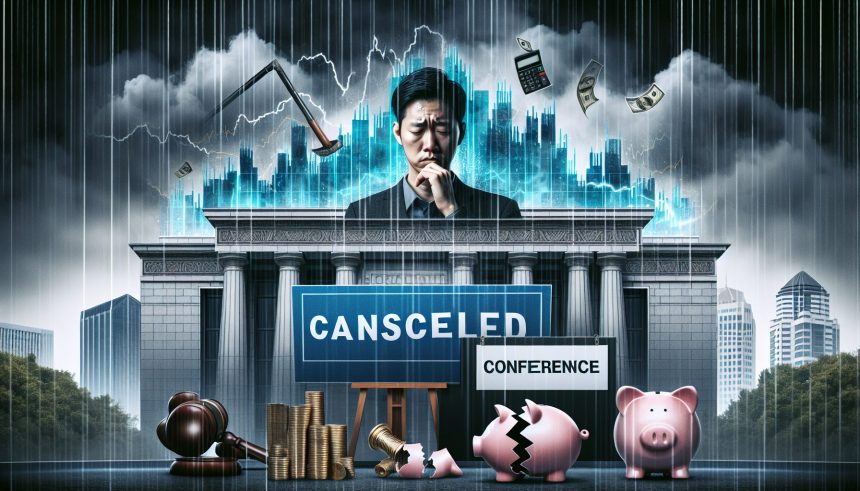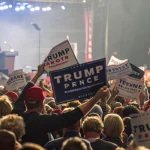In an unexpected break from tradition, it has been announced that the Chinese Premier will not host a conference after the National People’s Congress (NPC), a noteworthy political event in China. The decision, which comes during a time of economic instability, has sparked public and media speculation and raised concerns about transparency and the government’s willingness to openly discuss key issues.
Traditionally, the Premier, who is second in the governmental hierarchy, conducts an extensive press conference at the end of the NPC. However, this year, Premier Li Qiang will not be taking questions. The NPC, primarily a ceremonial event, is expected to proceed until March 11.
Lou Qinjian, the Legislature’s spokesperson, stated that this policy change is expected to last for the duration of the NPC term, concluding in 2027. Qinjian assured that additional briefings would be arranged, covering issues relevant to the NPC sessions and other national concerns.
Despite current challenges, restoring faith in the economy is a primary objective for the almost 3,000 delegates attending the NPC from around the country. Qinjian conveyed a positive outlook, stating, “The underlying trend of a rebound in the economy and long-term growth remains unchanged”.
Premier Li’s sudden withdrawal from the concluding press conference could elevate concerns among investors, especially those perturbed by China’s slowing economic growth. Bert Hofman of the East Asian Institute at Singapore’s National University labeled this event as a “missed opportunity for policy communication”.
The legislative session is being keenly observed for signs of the Chinese government’s strategy to reinvigorate its struggling economy, which is grappling with inflation, decreased exports due to geopolitical reasons, unemployment, deflation, and a diminished level of foreign investment. Notably, the State Council recently announced initiatives to secure the stability of foreign investment. These policy shifts indicate that China is moving into a new phase of growth.
The world is watching as Chinese policymakers navigate the balance between maintaining gradual growth and implementing reform. Amid striving for economic stability, observers are also keen to understand how China will pursue its social equality aims in areas such as healthcare and education.
These economic policies are crucial, as they will not only shape the nation’s economy but also influence international markets and global economic climate. The upcoming decisions from Chinese policymakers will certainly prove instrumental in determining the course of the nation’s future in both the economic and geopolitical spheres.







